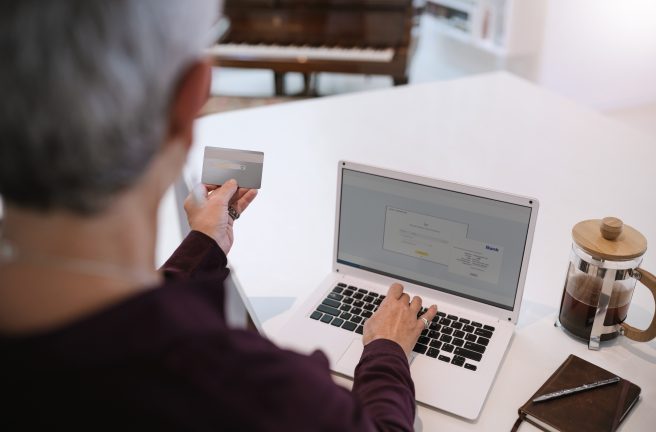The inception of the COVID-19 pandemic, amongst other things, significantly impacted the routine of students. The worldwide closure of institutions meant that students spent more time surfing the internet rather than revising their courses. This was unmistakably a negative circumstance as it brought about the dialing back of childrens’ learning process. Not only that, but students were also more vulnerable than ever to the constantly evolving scams that prevail on the internet.
Contemporary social networking platforms such as Facebook, Instagram, Twitter, and, most importantly TikTok saw unprecedented growth in their user-base because of the onboarding of children. As these platforms are subjected to various cyberattacks every day, there is a dire need for the implementation of adequate age verification solutions.
What is Meant by Online Age Verification?
Minimum age requirements on the World Wide Web are sophisticated and ever-evolving. This makes it fundamentally important to devise an infallible online age verification process that keeps age-restricted content, items, and services out of the compass of underage users. Online age verification is a mechanism designed to prevent the sale and purchase of age-limited commodities between online entities and minors. Likewise, social networking websites also bear the responsibility to onboard only mature audiences on their platforms.
How is Online Age Verification Performed?
Online age verification enables organizations in confirming the age of their clients to, specifically, protect minors from various identity frauds. End-users are required to submit their personal information, such as date of birth, from an acceptable form of government-issued photo ID or through an online form. This is followed by the deployment of OCR technology which extracts relevant information and cross-references it with the information being provided on the online platform by the user.
Checks That No Longer Satisfy Due Diligence
Retailers should be mindful of implementing diligent ways to check the age of the buyer when selling age-confined items. Some of the following instances are examples of measures that fall short of being reasonable enough in maintaining due diligence:
- Believing in the buyer when they affirm they are over the legal age limit.
- Requiring just the date of birth from the user.
- Utilizing check boxes to request users that they are over the legal age limit.
- Utilizing an ‘accept’ statement requiring the user to confirm that they have perused the site.
- Accepting unvalidated payments made through credit cards. Minors may sometimes end up possessing certain debit and prepaid cards. Frameworks installed on social media platforms are usually not advanced enough to differentiate between the various sorts of cards, making it essential that additional age-checks are implemented.
Why Online Businesses Require Age Verification Solutions?
Increasing anonymity on the web and the inability of the organizations in affirming the age of their clients is harmfully impacting the lives of children as they end up accessing age-limited platforms. The massive embezzlement of children’s identity has impelled government and administrative entities to make strides against such episodes and think of measures to protect children from falling victim to such events.
To validate the presence of legal personalities on the web and shield minors from the age-limited substance, items, and administrations, law enforcement agencies have imposed stringent penalties on organizations that neglect to confirm the age of their clients prior to permitting them admittance to consume their content.
Age Verification Measures for Protection of Minors
Identity Fraud on Social Networking Platforms
New York Times found out that out of all the accounts that exist on Facebook, 5% represented fabricated and fake accounts that add up to become more than 90 million accounts. Facebook, Twitter, LinkedIn, and other routinely visited dating platforms are all vulnerable to data and other numerous frauds. Basically, web-based media utilized for the consumption of adult content warrants for implementation of age verification solutions. With the rising number of scams victimizing minors, age checks are of paramount importance to augment these applications for the purpose of screening out potentially notorious minors.
Scams on Influencer Websites
Rather than advancing organizations or administrations, online influencers are seen to be exploiting their audiences. Once an influencer account garners a massive amount of followers via online media, it comes to possess an extraordinary level of reach from clients of all age groups. In light of this fact, the presence of age verification measures on influencer websites becomes crucial so that possible fraudulent creators get screened out early during the account setup process.
Conclusion
Organizations that perform essential KYC are less inclined to confront hefty fines for missing out on enhanced diligence and eventually age validation measures can also assist with maintaining brand equity as well. Businesses need to show the world that they take age verification and the security of minors seriously.

